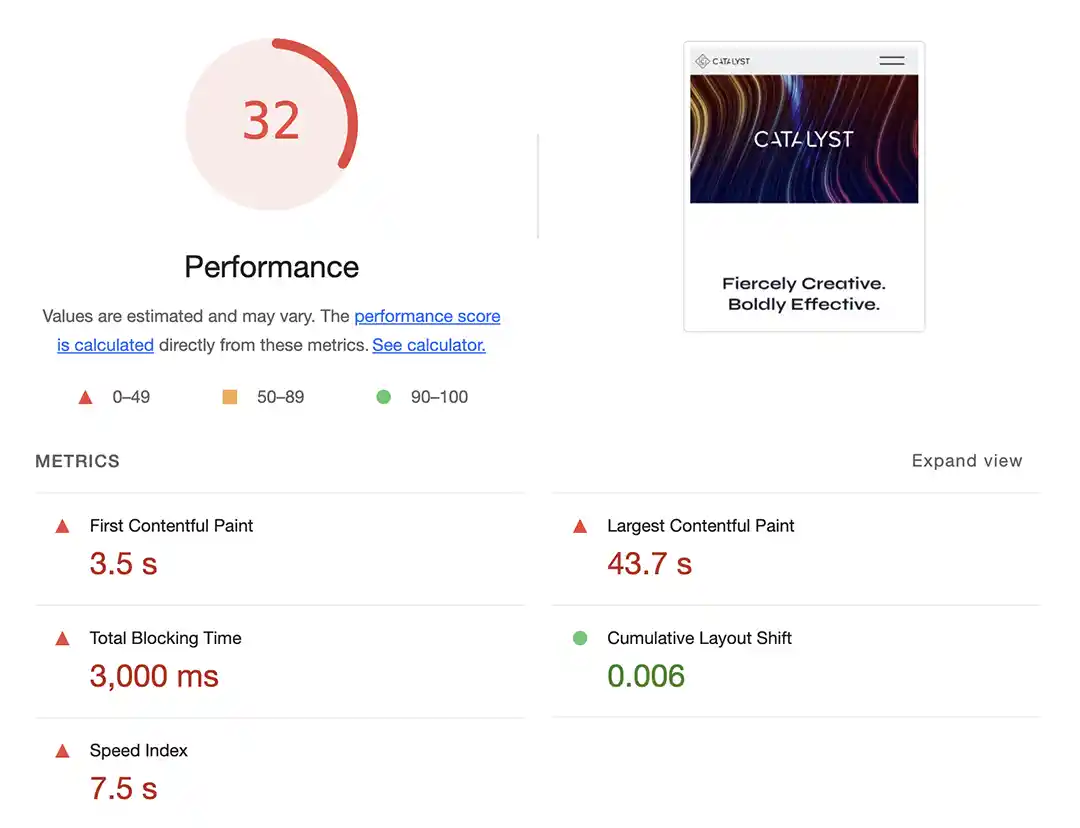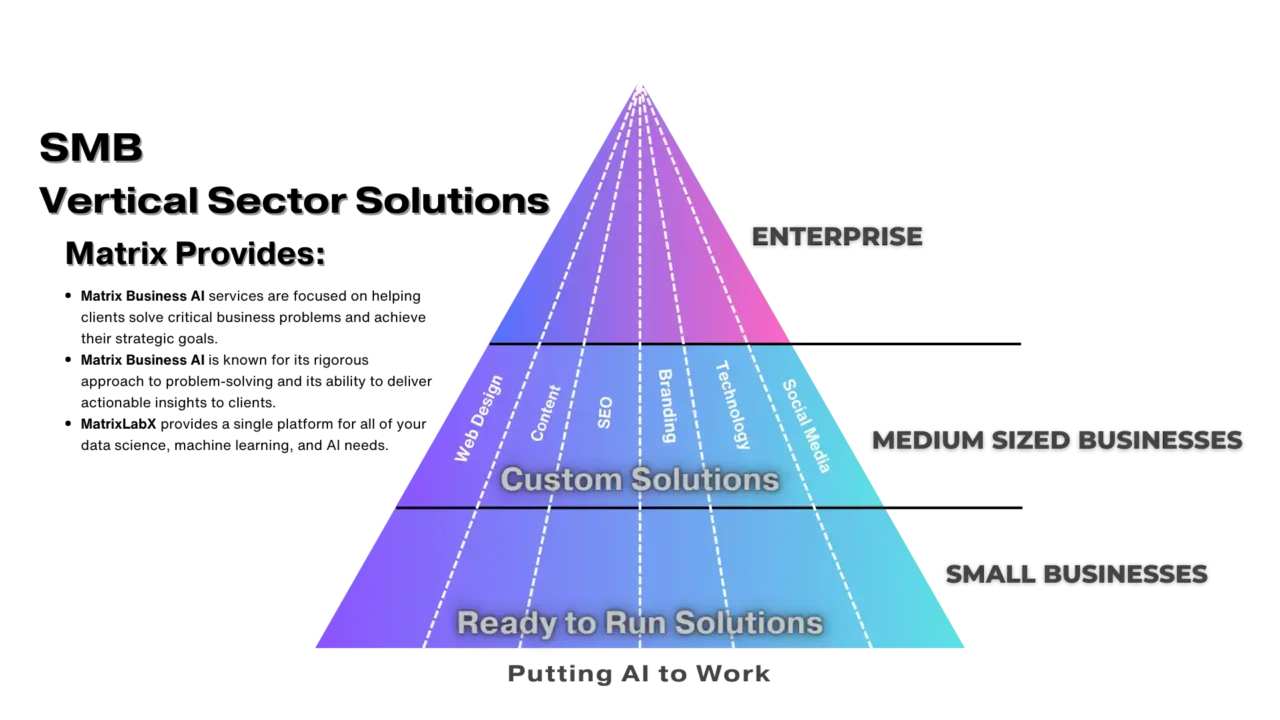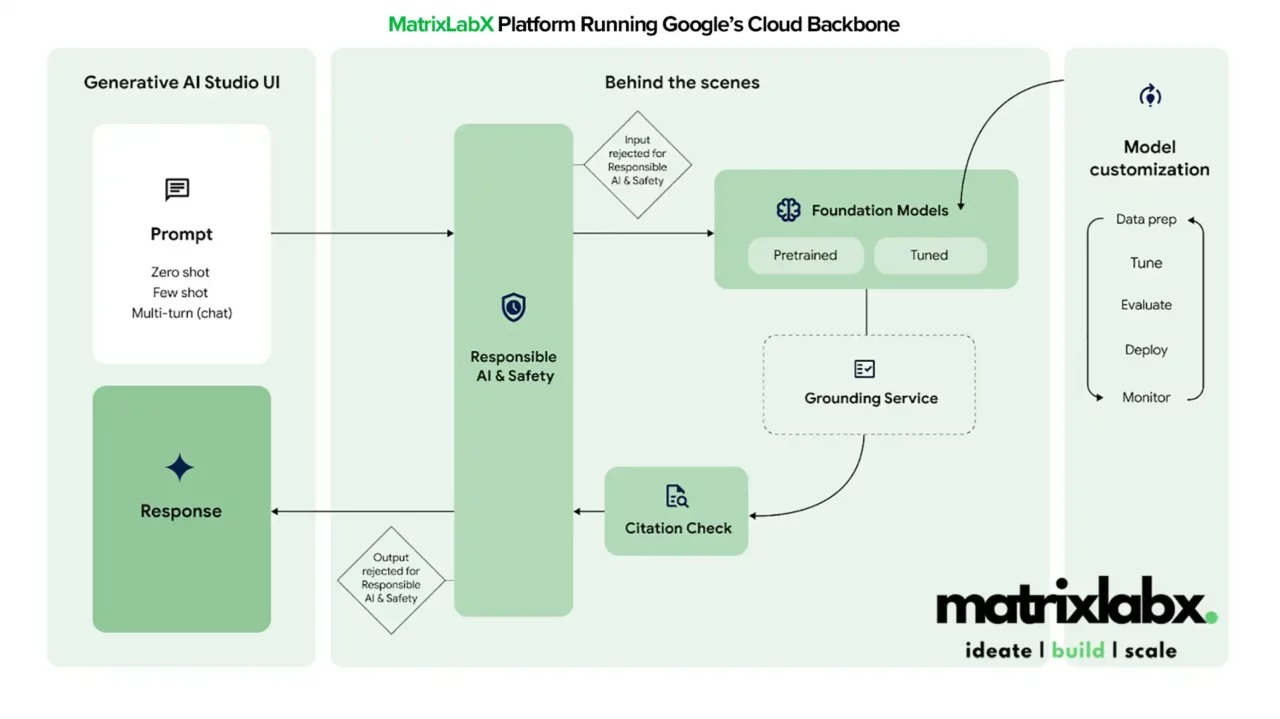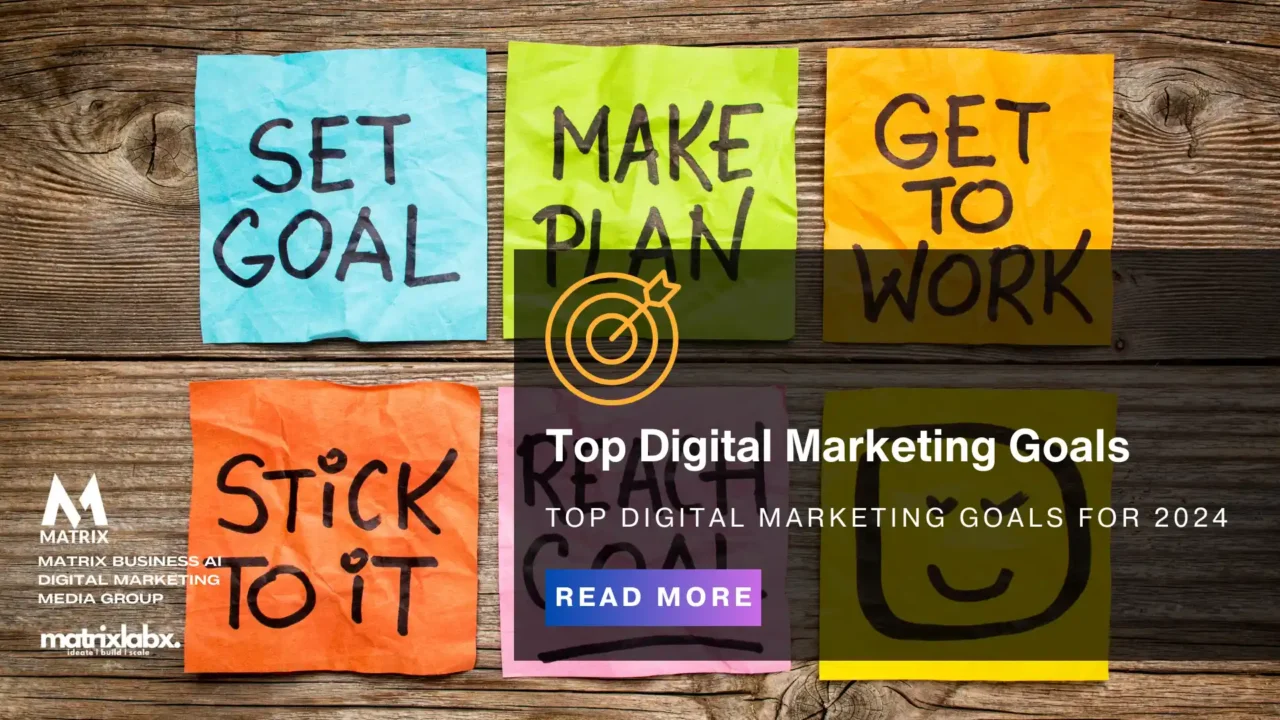Top Digital Marketing Goals for 2024
Top Digital Marketing Goals for 2024
Read about the top digital marketing goals for 2024 and what you can learn from them.
The Digital Marketing Future: Goals to Conquer in 2024
The digital marketing landscape is a whirlwind of constant evolution. What worked last year might be obsolete this year.
To stay ahead of the curve, it’s crucial to understand where the industry is headed and what goals you should focus on for maximum success in 2024.
Are you ready for an AI-powered revolution?
From hyper-personalization to immersive content experiences, artificial intelligence (AI) integration is set to transform how we market.
Imagine crafting content tailored to individual user preferences or using AI for lightning-fast audience insights – the possibilities are thrilling!
Beyond the Buzzwords: Essential Strategies
But it’s not just about flashy new tech. This year, mastering the fundamentals is key.
Are you optimizing for voice search, creating truly inclusive content, or tapping into the power of social commerce?
Let’s dive into the essential digital marketing goals that will separate the leaders from the followers in 2024.
Absolutely! Here are some lesser-known but eye-opening stats about poorly performing marketing programs:
- The Impact of Misalignment: 95% of companies admit their marketing and sales teams lack proper alignment, costing them significant revenue loss. (SiriusDecisions)
- The Customer Experience Gap: 80% of businesses believe they deliver a superior customer experience, while only 8% of their customers agree. This disconnect highlights frequent failures in understanding consumer needs. (Bain & Company)
- The Wasted Content Problem: Approximately 60-70% of B2B content created needs to be used, demonstrating vast inefficiencies in content production and strategy. (SiriusDecisions)
- Mobile Optimization Failures: While over 50% of website traffic occurs on mobile devices, up to 96% of landing pages need mobile-optimized. This friction leads to high bounce rates and poor conversions. (Google)
- The Blind Spot of ROI Tracking: Only 21% of marketers feel they are successful in tracking the ROI of their efforts, highlighting widespread difficulties in analyzing campaign performance and making data-driven decisions. (HubSpot)
Frustrations and aspirations of marketing managers struggling with poor marketing results:

The Agony of Underperformance: What Keeps Marketing Managers Up at Night
Every marketing manager knows the sinking feeling of a campaign that falls short of expectations. Wasted budgets, missed targets, and lost opportunities can weigh heavily. But within this struggle lies a burning desire to uncover the root causes and transform results.
Pains They Face:
- A Sea of Data, No Clear Insights: Drowning in metrics but unable to pinpoint exactly why campaigns aren’t working.
- The Disconnect Between Effort and Outcome: They feel like they’re spinning their wheels with little tangible progress.
- Pressure from the Top: Facing scrutiny over ROI and justifying continued marketing spend.
The Dream Scenario: What Marketing Managers Crave
- Crystal-Clear Clarity: The ability to pinpoint what’s working, what’s not, and why.
- Confident, Data-Driven Decisions: Feeling empowered to make strategic adjustments backed by solid insights.
- Becoming the Growth Engine: Proving marketing’s undeniable value as a driver of business success.
Let me know if you’d like me to explore any of these specific pain points or desires further!
From Marketing Manager to AI Visionary: Why I’m Betting on Matrix

As a seasoned marketing manager, I’ve seen the fads come and go. But the rise of AI in digital marketing? That’s not a trend; and it’s a revolution. I’ve been diving deep into the top digital marketing goals for 2024, and let me tell you, AI-powered agencies like Matrix Marketing Group are the key to unlocking a whole new level of success.
Like any good marketer, I’m always asking questions. Can I hyper-target my audience with laser precision? How do I generate content that resonates at scale? What if I could predict campaign results before even launching? It turns out these aren’t hypothetical questions anymore – AI holds the answers.
Why Matrix? Three Game-Changing Benefits
Data-Driven Magic: The End of Guesswork
We’ve all been there – pouring over spreadsheets, trying to decipher what the numbers mean. With Matrix, AI does the heavy lifting. Their algorithms analyze mountains of data, uncovering audience insights that would take my team weeks to find (if we even could). This means no more gut feelings – just informed strategies guaranteed to hit the mark.
Personalized Experiences at Scale: The Human Touch, Amplified
Sure, I know personalization is important, but let’s be real – it’s time-consuming. Enter Matrix. Their AI tech understands customer behavior like never before. That tailored email campaign that used to take days? It’s generated in minutes, with variations personalized to each recipient. It’s like having a team of super-efficient marketing ninjas… that never sleeps.
- Future-Proofing My ROI: Maximizing Every Dollar
The pressure’s always on to deliver results. With Matrix, AI isn’t just about fancy campaigns; it’s about optimizing every dollar spent. Their predictive analytics help me forecast results, tweak budgets in real time, and eliminate wasted spend. It’s like having a crystal ball for marketing ROI – something every boss would love.
My Biggest Takeaway: AI Isn’t the Future, It’s the Now
As marketers, we thrive on adaptation. Those who embrace AI won’t just survive in 2024; they’ll dominate.
Matrix Marketing Group isn’t just offering a service; and they’re offering a competitive edge that would be foolish to ignore. In a landscape where data is king, AI-powered agencies like Matrix will wear the crown.
Ready to explore how Matrix can transform your marketing results? Let me know, and I’d be happy to share more insights!
Top Digital Marketing Goals for 2024
2024 is the year the digital marketing landscape shifts decisively. To stay ahead, you need crystal clear goals – but more importantly, you need to understand why they matter and where to focus your efforts.
Goal #1: AI-Powered Personalization
- What: Delivering hyper-tailored content and experiences to individual users.
- Why: In a crowded market, cutting through the noise with personalized messaging is essential for increased engagement and conversions.
- Where: Website content, email campaigns, targeted social media ads, and product recommendations.
Goal #2: Mastering Voice Search Optimization
- What: Strategizing your content to rank well for the increasing number of voice-based searches.
- Why: Voice assistants like Siri and Alexa are changing how people interact with search engines, making voice optimization crucial for staying visible online.
- Where: Focus on natural language in your website content long-tail keywords, and ensure your business listings are up-to-date.
Goal #3: Inclusive and Diverse Marketing
- What: Creating campaigns that resonate with various audiences, reflecting diversity in all forms.
- Why: Consumers demand brands that align with their values, and inclusive marketing fosters trust, loyalty, and a wider customer base.
- Where: Representation in ad imagery, inclusive language in content, and seeking diverse perspectives within your team.
Goal #4: Embracing Social Commerce
- What: Turning social media platforms into seamless shopping experiences for users.
- Why: Frictionless buying directly within social apps is booming, offering new avenues for reaching customers.
- Where: Invest in shoppable posts, product tagging features, and partnerships with social media influencers.
The Takeaway: 2024 is Not About ‘If,’ But ‘How’
These goals aren’t just trends but the foundation of future-proof marketing. The question isn’t whether you should take action but how to effectively implement these strategies.
Are you ready to dive deeper into these goals and explore practical implementation tips? Let me know!
Here are three compelling use cases for the top digital marketing goals of 2024.

Use Case #1: AI-Powered Personalization
- Your website visitors feel lost in generic content, leading to high bounce rates and missed conversions.
- It’s impossible to manually create tailored experiences for every visitor, and your marketing suffers for it.
- Partner with an AI-driven agency that analyzes user behavior and preferences. This allows you to deliver dynamic website content, product recommendations, and email campaigns that feel like they were made for each individual, increasing conversions and customer loyalty.
Use Case #2: Mastering Voice Search
- Your content is optimized for traditional search queries, but with voice search rising, you must catch up on potential customers.
- You’re worried about declining search visibility as users increasingly ask questions to their smart speakers rather than typing keywords.
- Focus on a conversational content strategy with long-tail keywords and natural language. Optimize your website and landing pages to answer common questions about your products or services directly, ensuring your brand appears in voice-search results.
Use Case #3: Inclusive and Diverse Marketing
- Your marketing campaigns resonate with only some audience segments, leading to missed opportunities and potential brand reputation issues.
- You want your brand to reflect the diversity of your customer base but need to figure out how to approach it sensitively and effectively.
- Collaborate with a marketing agency that prioritizes inclusive strategies. Conduct market research to understand diverse audience needs. Ensure representation across your campaigns, and build a marketing team that reflects the communities you serve.
Let me know if you’d like a deeper dive into any of these use cases or have other digital marketing goals you’d like to explore!
Aligning Digital Marketing with Sales: Your Roadmap to Success
In a constantly evolving digital landscape, understanding user behavior and search trends is the key to maximizing your sales conversions.
Aligning your digital marketing goals will boost performance and provide rich insights for future campaigns. Here’s your step-by-step guide:
Step 1: Dive into Your Data
- Analyze Website Traffic: Use analytics tools to understand where your visitors are coming from, what pages they interact with, and where they drop off in the funnel.
- Customer Journey Mapping: Outline a customer’s typical steps from initial awareness to purchase. Identify any bottlenecks or areas for improvement.
- Social Media Insights: Track engagement metrics and demographics on your social media platforms. Understand what content resonates best with your audience.
Step 2: Decipher Search Trends
- Keyword Research: Use tools like Google Keyword Planner or SEMrush to identify established and emerging keywords relevant to your industry and target audience.
- Monitor Competitor Strategies: Analyze your competitors’ search rankings and see their target keywords. Identify opportunities to differentiate yourself.
- Voice Search Considerations: Optimize your content for natural language and long-tail keywords to capture the growing number of voice-based searches.
Step 3: Crafting Your Conversion-Focused Strategy
- Tailored Content: Use your insights to create content addressing user pain points and search intent. Offer valuable solutions and establish yourself as an authority.
- Landing Page Optimization: Design targeted landing pages that align with specific search terms and ad campaigns. Ensure clear calls to action and a seamless user experience.
- Personalized Experiences: Explore AI-powered tools to deliver customized recommendations and offers based on individual browsing behavior.
Step 4: Track, Refine, Repeat
- Define Success Metrics: Determine meaningful KPIs (key performance indicators) beyond website traffic, like lead generation, time on site, and conversion rates.
- Iterative Approach: Regularly monitor your results and analyze what’s working and what’s not. Use data to tweak campaigns and optimize your content strategy continuously.
- Stay Agile: Search trends and user behavior evolve rapidly. Commit to constant learning and adapting your approach to stay ahead of the curve.
The Result: A Virtuous Cycle of Success
By aligning your digital marketing goals with sales and actively analyzing user behavior, you’ll better understand your audience. This fuels more targeted campaigns, increased conversions, and continually refined strategies. It’s the key to unlocking a self-perpetuating cycle of digital marketing success.
Ready to start your alignment journey? Let me know if you’d like a breakdown of specific analysis tools or optimization techniques!
Want better sales conversions?
2024: The Year of AI-Powered Marketing Dominance
Staying ahead in digital marketing means embracing the power of AI. Top goals for 2024 include hyper-personalization, voice search optimization, and inclusive strategies. These are complex to master without the right tools and expertise.
Matrix Marketing Group: Your AI Advantage for AI Digital Marketing Success
Matrix Marketing Group’s AI analyzes vast social media data that would overwhelm any in-house team. They uncover deep audience insights, pinpoint the perfect content for maximum engagement, and precisely track campaign ROI.
Don’t just survive in 2024. Thrive. With Matrix, you’ll gain a competitive edge that traditional agencies simply can’t match.

